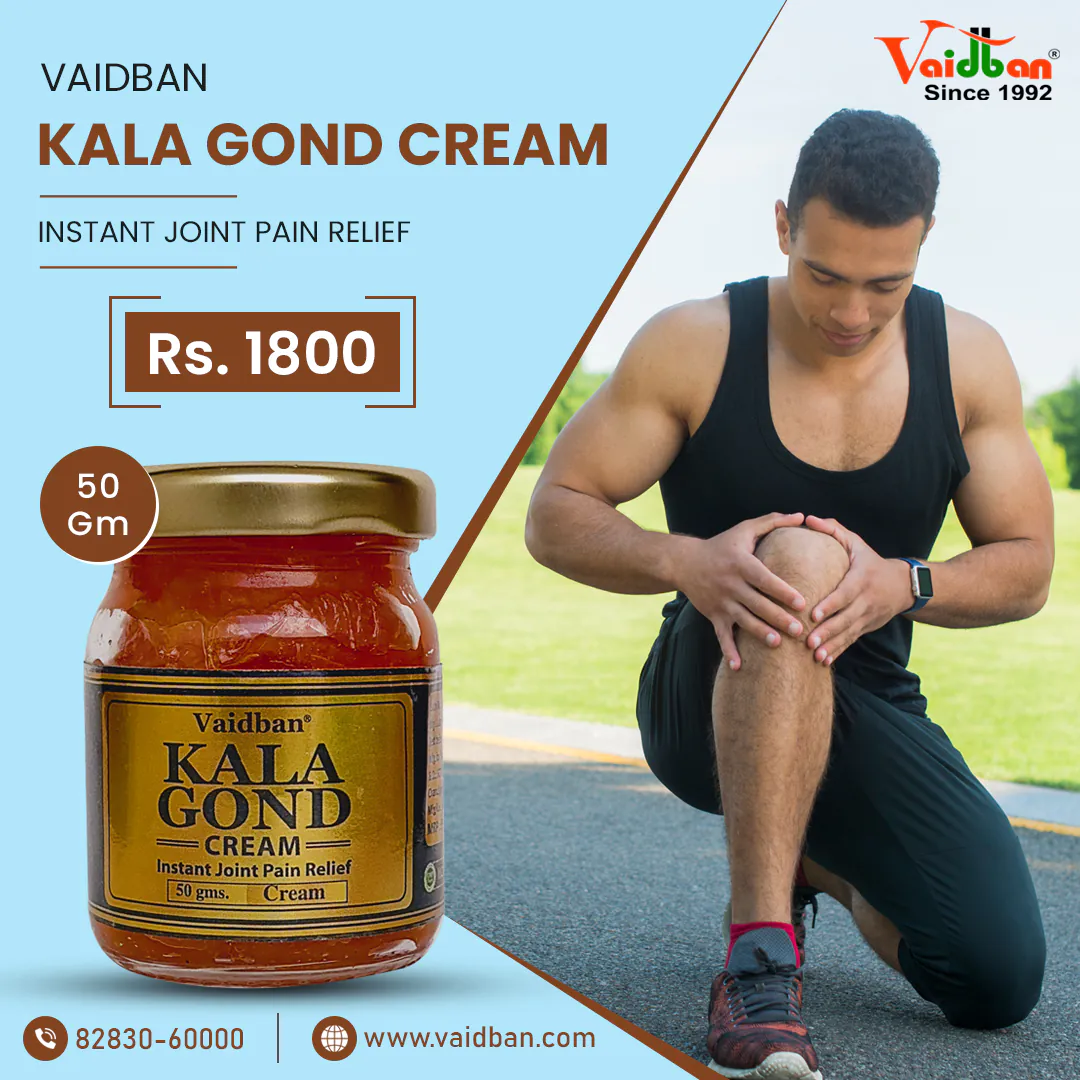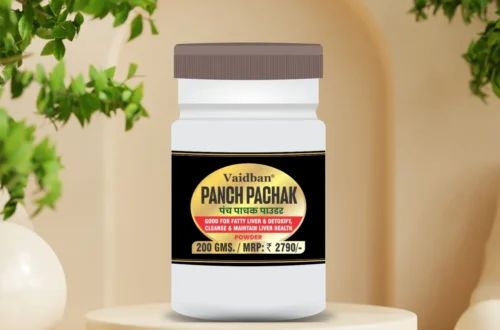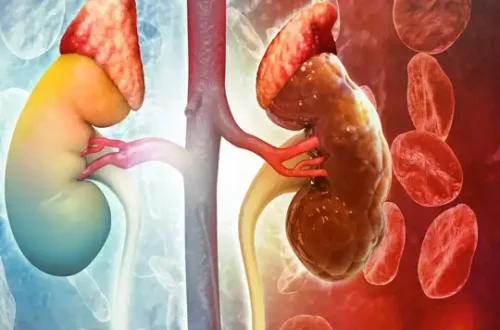Joint pain can have many different causes, and it is important to identify the underlying condition in order to properly treat and manage the symptoms. Here are some common causes of joint pain:
Arthritis:
Arthritis is a condition that causes inflammation in the joints, which can result in pain, stiffness, and swelling. There are many different types of arthritis, including osteoarthritis, rheumatoid arthritis, and psoriatic arthritis.
Injury:

Joint pain can also be caused by an injury, such as a sprain, strain, or fracture. These types of injuries can damage the bones, ligaments, or cartilage in the joint, leading to pain and swelling.
Overuse:
Joint pain can also be caused by overuse, such as repetitive motions or excessive strain on the joint. This can lead to conditions like tendonitis or bursitis.
Infection:

In rare cases, joint pain can be caused by an infection in the joint. This can result in symptoms like pain, swelling, and redness in the affected joint.
Autoimmune disorders:
Autoimmune disorders like lupus or Sjogren’s syndrome can cause joint pain and inflammation.
What deficiency causes joint pain?
Vitamin D deficiency:
Vitamin D helps the body absorb calcium and is important for bone health. A deficiency in vitamin D can lead to weakened bones and joint pain.
Vitamin C deficiency:
Vitamin C is essential for collagen synthesis, which is important for maintaining healthy joints. A deficiency in vitamin C can lead to joint pain and even scurvy in severe cases.
Calcium deficiency:

Calcium is necessary for strong bones and joints. A deficiency in calcium can lead to osteoporosis, which can cause joint pain and an increased risk of fractures.
Magnesium deficiency:
Magnesium is important for bone health and muscle function. A deficiency in magnesium can lead to muscle weakness, cramps, and joint pain.
Iron deficiency:
Iron is necessary for healthy blood cells, and a deficiency in iron can lead to anemia. Anemia can cause joint pain and fatigue.
Use Pancham haldi and kala gond cream for joint pain
Anti-inflammatory properties:
Both pancham haldi and kaala gond cream are believed to have anti-inflammatory properties, which may make them useful in the treatment of inflammatory conditions like arthritis, asthma, and inflammatory bowel disease.
Wound healing:

Kala gond cream has been used topically to promote wound healing and prevent infection. It may be effective in treating skin conditions like eczema and psoriasis.
Digestive health:
Pancham haldi is believed to have digestive benefits and may help alleviate symptoms of digestive disorders like indigestion, bloating, and constipation.
Respiratory health:
Pancham haldi has traditionally been used to treat respiratory conditions like coughs, colds, and asthma.
Cancer prevention:
Some studies suggest that pancham haldi may have anti-cancer properties, particularly in preventing the growth and spread of cancer cells in the breast and prostate.






